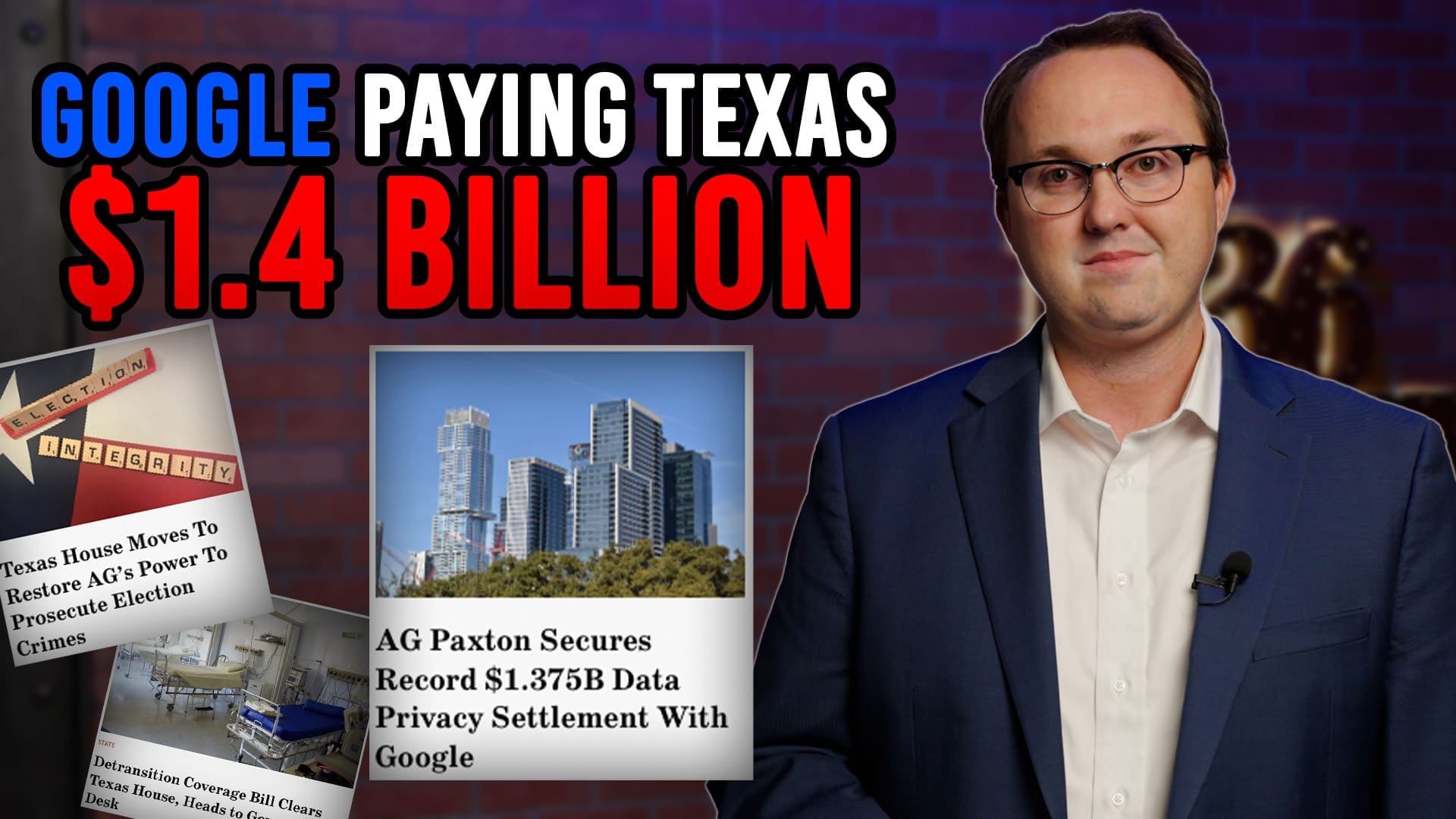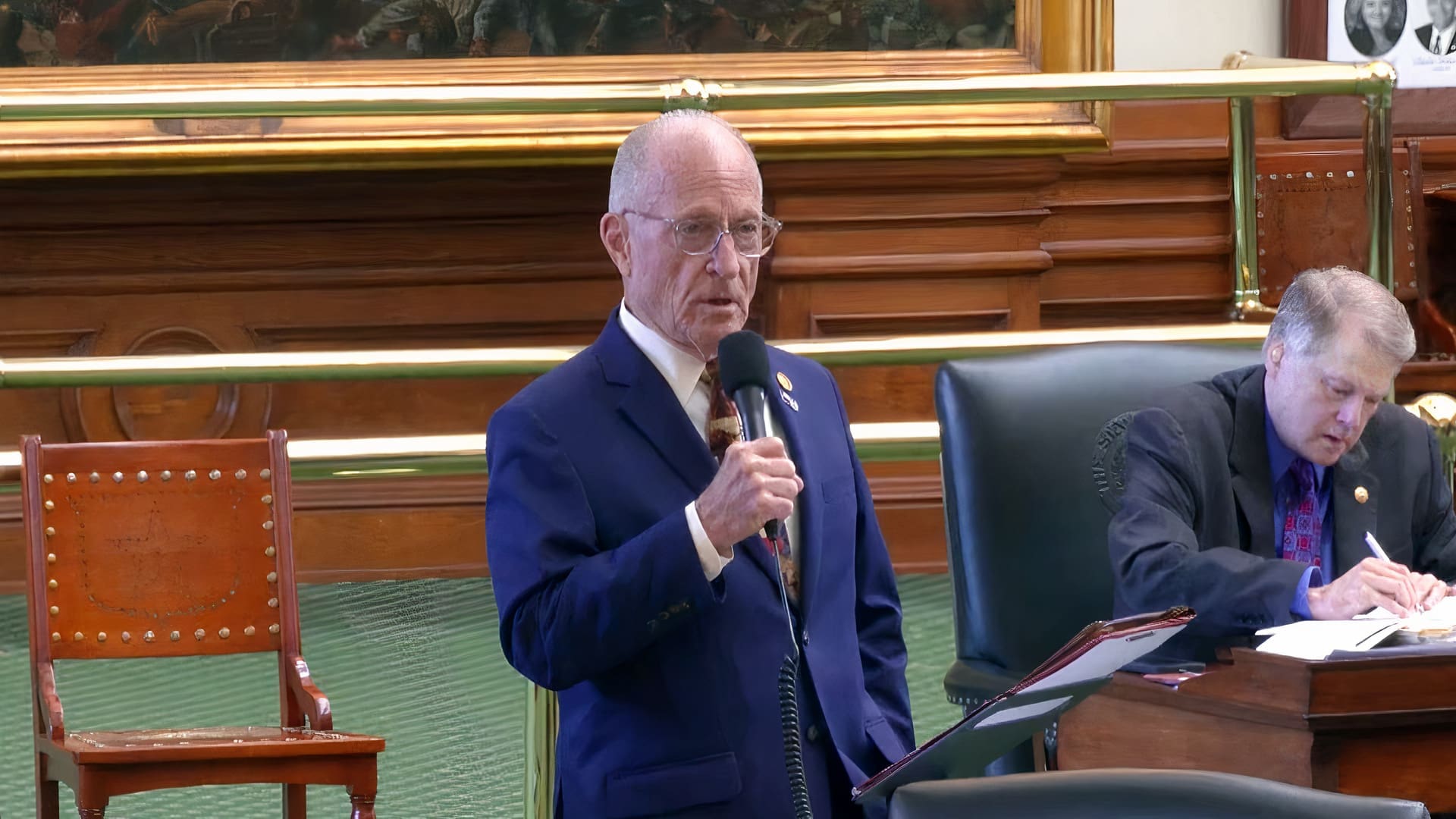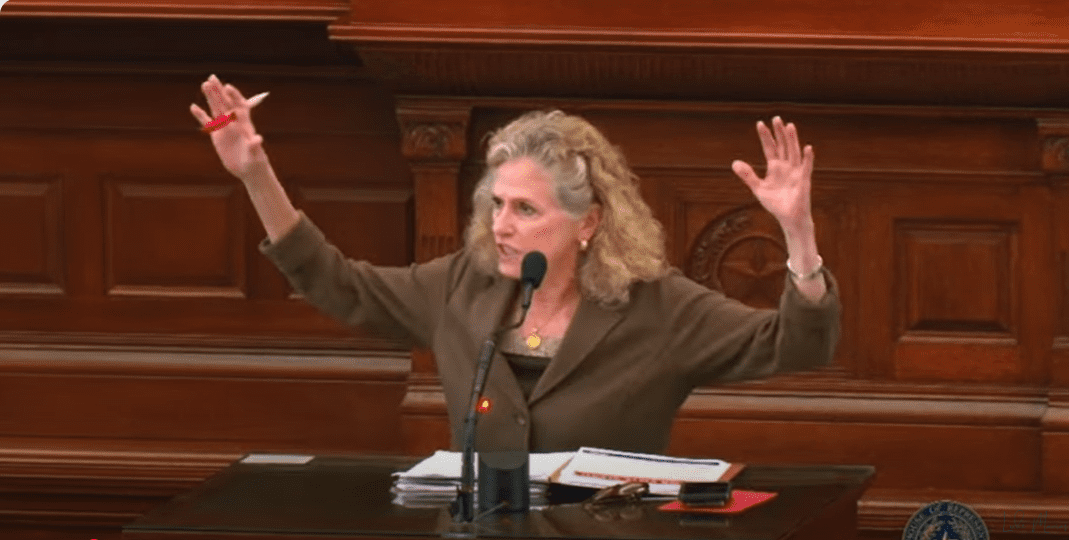Would you ever set your couch on fire to warm your house? Probably not. There are usually better ways—like simply using the heater—that are a little less destructive.
However, “burning the couch” is exactly how Austin’s socialist City Councilman Greg Casar is trying to solve an important citywide issue, and he’s vilifying those who are trying to put out his fire.
Casar is currently in the midst of a battle at the Texas Capitol centered around paid sick leave. The question at hand is how more working Texans can obtain this benefit, and Casar has tried his way: he and the city council passed a law last year that forces businesses in the city to pay their employees for a handful of paid sick days per year.
Now, however, the Texas Legislature is considering legislation to stop Casar’s law, preventing all local governments across the state from forcing such a mandate. Why? Because a mandatory sick leave law actually has unintended harmful consequences on employees.
Despite that, Casar insists that his plan—government force—is still the best way for working Texans to get the benefit, and he’s used vague rally cries and strawman accusations to stir up citizens to side with him.
“Why are these basic workers’ rights protections under attack?” Casar questioned. “Texans are starting to ask the question of, ‘Why are legislators so focused—in the case of these bills, for example—on hurting people?’”
Yet, in reality, state lawmakers are trying to protect workers from a fire Casar himself sparked, warning that government force is a bad way to solve this problem.
In response, Casar has quickly hurled attacks to vilify them.
“You’re considering telling people, ‘Sorry, you either can’t pay the rent or you’re just not going to take care of your kid,” Casar testified to lawmakers at a recent committee hearing.
He then accused representatives of not wanting to give employees breaks and even called state lawmakers’ efforts “craven attacks” against Texans.
“When you ran for office, was it really something you looked forward to? To take away people’s right to a water break on a construction site?” he said.
Casar uses his law to paint himself as a defender of the working class, but if Texans simply looked behind the smoke of Casar’s fiery bluster, they would see the real consequences of his plan: His way of government force has already been tried in other cities across the country. It set problems ablaze for workers in those places.
San Francisco forced paid sick leave in 2007, and in just a few years afterward, over 30 percent of the city’s lowest-paid workers reported layoffs or reduced hours, wages, and other benefits.
Connecticut became the first state to enact government-forced paid sick leave in 2012, and an initial report showed that one-third of 86 surveyed businesses were forced to reduce employee benefits, and one-fifth had to raise prices, cut workers’ hours, or even lay off employees.
Ironically, because of the mandate, some employees not only lost paid sick leave—they lost their job.
Furthermore, three years after Connecticut enacted their law, a follow-up study showed that younger employees in the state suffered the most, losing 24 hours of work per year.
“For a part-time employee in the service industry, that’s the equivalent of roughly one lost week of work per year,” the report said. “These employees [earning minimum wage] lost $850 per year in annual income.”
Lastly, a comprehensive report by the Freedom Foundation examined the 10 most significant studies on government-forced paid sick leave and found the same trends: Employees were likely to lose wages, benefits, and even their jobs. Prices often rose at businesses from restaurants to hardware stores. And all the alleged benefits—reduced turnover, sickness presenteeism, employer savings—failed to materialize.
In short, Casar’s plan for making paid sick leave happen is not the best way to solve the debate on paid sick leave—just like setting a couch on fire to warm up the house.
But given the proven consequences of Casar’s plan, he has no substantial arguments to rally on. Texans who join him do not realize they’re rallying for a plan that will actually harm them.
And in light of how Casar’s way could scorch employees, maybe Texans should return his initial question: Why is Casar so focused on hurting workers?





